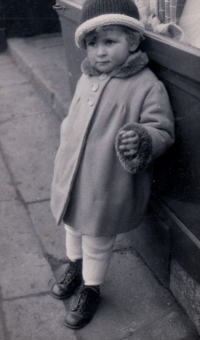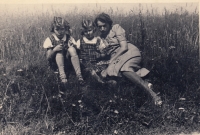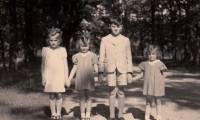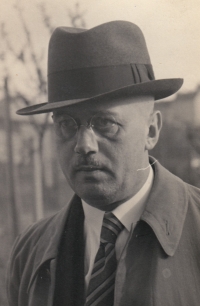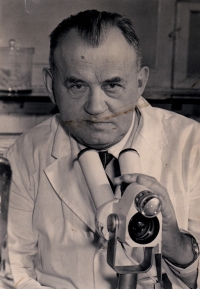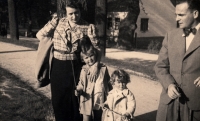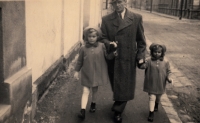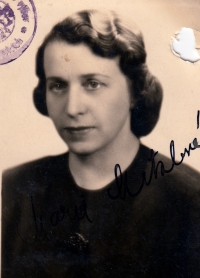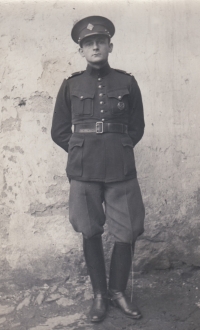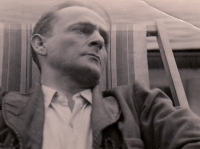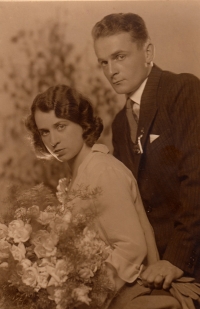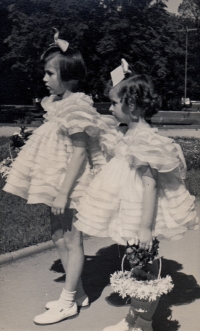One cannot live in hatred
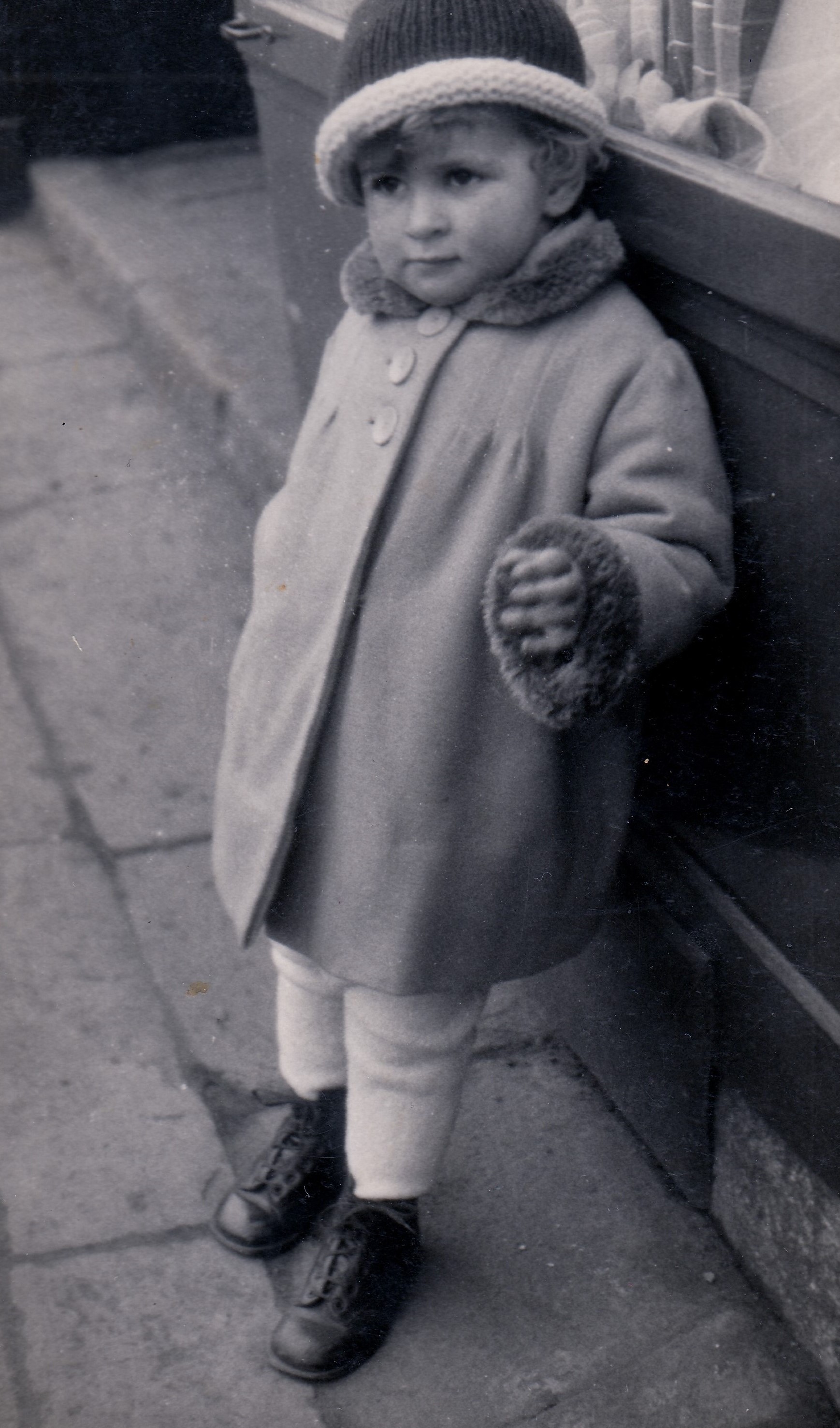
Download image
Nora Hermanová, née Metzlová, was born on October 6, 1934 in Prague, grew up in České Budějovice. Her father Viktor Metzl, a lawyer, came from a Jewish family, her mother Marie Metzlová from a Christian family. Nora Hermanová’s cousins were Jiří and Hana Brady, whose story was published in 2002 in the book ‘Hana’s suitcase’. Hana Brady died in Auschwitz. Both parents of Nora Hermanová were arrested in 1944 by the Gestapo based on a denouncement. Her father died on April 7, 1945 in Mauthausen, her mother survived in Terezín until the end of the war. After the war, Nora graduated from a secondary grammar school, but was not allowed to study at university because of her so-called ‘bourgeois background’. She worked at České Budějovice Radio, where she met her husband Zdenek. They had two sons together – Viktor and Daniel. Their son Daniel graduated from the priestly seminary in Litoměřice and was often targeted by State Security because of his attitude towards the communist regime. Even Nora Hermanová did not escape the attention of State Security in the eighties. In 2019, she lived in České Budějovice.
